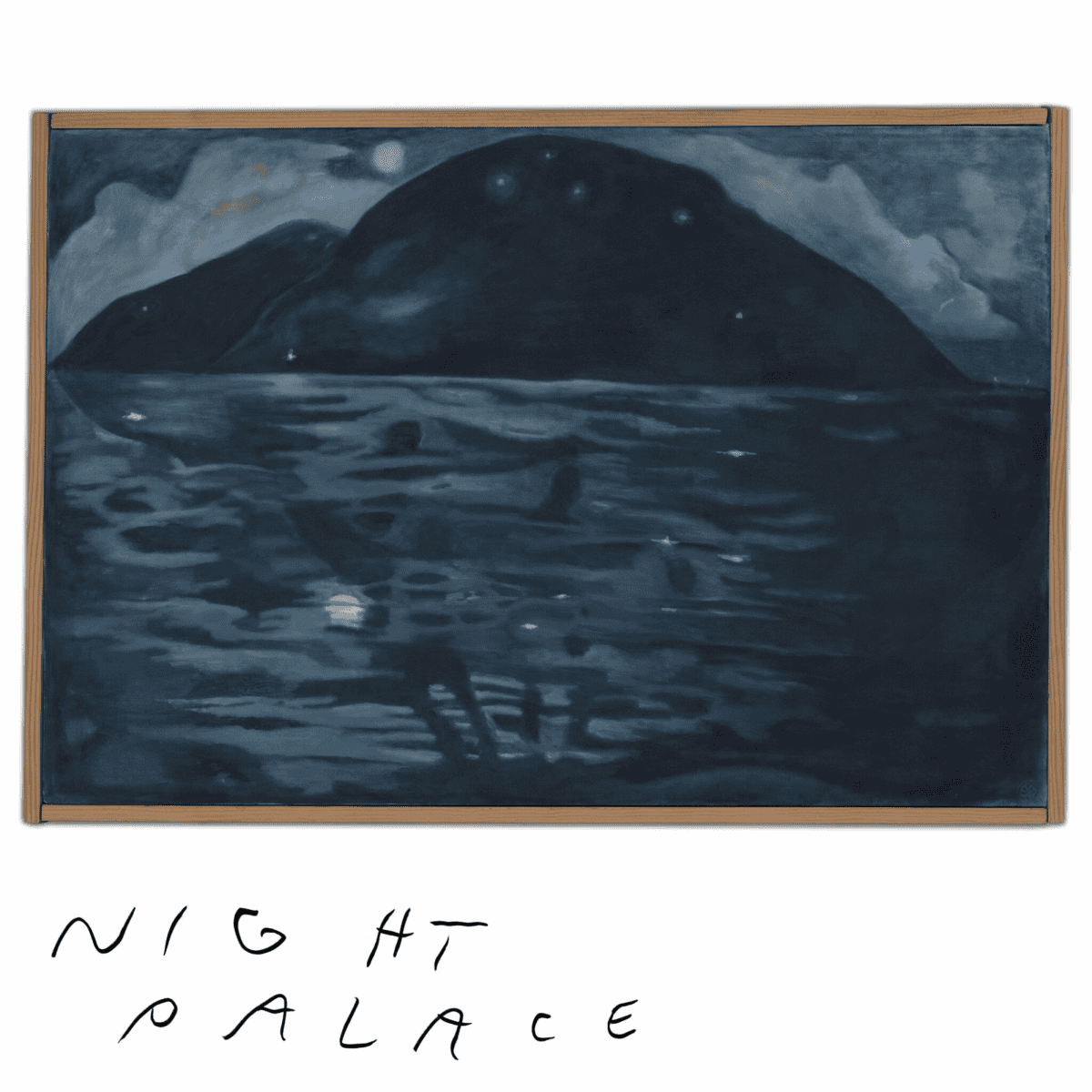Mount Eerie, the one-man band led by singer-songwriter Phil Elverum, released its newest album, “Night Palace,” on Friday. The 26-track double album is reminiscent of Elverum’s career, including his time as frontman of The Microphones.
Elverum’s earliest recordings under the name “The Microphones” were low-fidelity and scratchy folk, but the strength of his songwriting led to a contract with K Records. After releasing several albums under the name The Microphones, Elverum abandoned the moniker in favor of a reference to one of his album titles and a landmark near his childhood home, “Mount Eerie.”
Elverum is particularly fond of revisiting, rewriting and recounting his previous work, seeing the names of his careers as phases in a wider story.
“There isn’t really a difference between the [Microphones and Mount Eerie], it’s just a name. They’re just different sort of mileposts along the route of all of the work that I’ve done in my life,” Elverum said in an interview with WHRB.
One of those points was the death of his wife, fellow musician Geneviève Castrée, from pancreatic cancer. The tragic event sparked the recording of “A Crow Looked at Me,” the first of a trilogy of albums centered around coping with her death.
In stark contrast to the rest of Elverum’s discography, “A Crow Looked at Me” drops any guise of metaphor and grapples, in the most literal sense, with the day-to-day struggles of mourning and being a single father. Recorded on a sparse set-up, using only an acoustic guitar, a microphone and some of his late wife’s instruments, “A Crow Looked at Me” and its sincere vulnerability would garner Elverum massive critical praise.
Five years removed from his last release under the name Mount Eerie, Elverum sets a new course to reshape his sound and restart his career with “Night Palace.” While the grief isn’t entirely absent — even the title of the album is a reference to the Joanne Kyger poem pictured on the cover of “A Crow Looked at Me” — Elverum recaptures a bit of his youthful image in this album’s 86-minute runtime.
The titular introduction to the album, the song “Night Palace,” serves as the perfect primer for the new direction of Elverum’s sound. It begins with about 30 seconds of uninterrupted staticky noise until Elverum cuts in, singing about the weather. This opener notably lacks guitar, drums or any acoustic instrument, instead revolving around a chorus of heavily distorted synths.
The next track on the album, “Huge Fire,” is a more traditional rock song, albeit still recorded in a DIY style. It begins with an obvious rhythm and chord progression, but the crashes of cymbals and riffs from reverberating guitars begin to melt together until they crescendo into one giant wall of pure noise.
A lot of “Night Palace” seems to occupy the space between tradition and rebellion, the natural and the artificial. Rather than attempt to recreate the short, low-fidelity anthems of “The Glow, Pt. 2” or the blunt, acoustic storytelling of “A Crow Looked at Me,” Elverum opts to create an album almost devoid of exact genre or definition.
The 52-second interlude “Swallowed Alive” shocks the ears with a black metal sound and lyrics delivered in raging screams. The next track, “My Canopy,” is another short but acoustic interlude, composed as a lullaby dedicated to his daughter.
Part of the beauty of “Night Palace” is its utter inability to be pinned down. Despite spanning 26 tracks, Elverum never seems like he’s drawing anything out or wasting time.
In “I Heard Whales (I Think),” Elverum adds a choir to his typical vocal stylings, praising the music of the natural world. In the very next track, “I Saw Another Bird,” the choir is gone and replaced by a typical rock ensemble. In another musical detour, the next song, “I Spoke With Fish, ” has a trap beat in its rhythm section midway through its runtime.
Despite taking cues from disparate genres, this mixture of sound feels completely coherent, partly owing to the strength of Elverum’s writing and direction. The segues between songs never cause musical whiplash, and the unifying themes of natural beauty contribute to “Night Palace” feeling like a complete work.
The one place Elverum arguably goes too far can be found in the penultimate track, a 12-minute spoken-word song called “Demolition.” With a sparse instrumental scored mostly by pedal steel guitar and samples of howling wind, there’s little to distract from Elverum’s deadpan lyrics. He drifts from topic to topic, pontificating aimlessly on American fascination with war, desensitization to “genocide” and colonization.
A lot of things can be said about “Night Palace,” from its hectic pace to its powerful lyricism, but no one can deny the strength of Elverum’s vision. This album shows that he can grow beyond the scars of his tragedy and that the future of Mount Eerie is brighter than ever.









